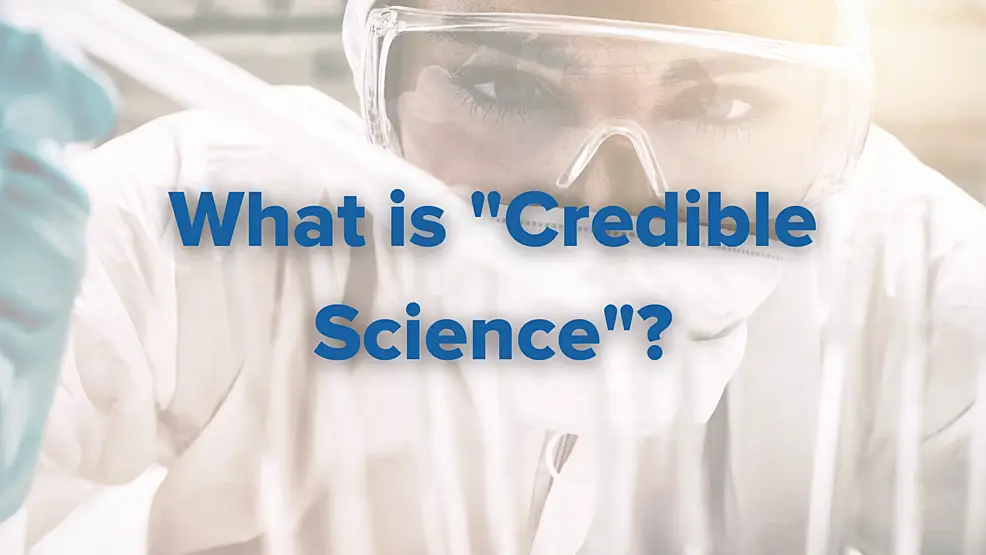What is "Credible Science"?

by Dr. John Adler
At the heart of every peer-reviewed journal is a publication philosophy. Most popular medical journals focus on “important” medical science. However, from my vantage point as a career scholar, “importance” is an ethereal “eye of the beholder” standard which inevitably feeds reviewer bias; one day a topic is hot but soon thereafter journals have lost interest, simply mirroring trends in the broader culture. Meanwhile author provenance also tends to weigh heavy on reviewer decisions about importance; even double-blinded review is not truly blind in the deeply specialized world of medicine in which we live. In contrast, from an author’s vantage, journal acceptance or rejection decisions tend to be rather capricious; submit to a journal (i.e. not Cureus), wait for the rejection before reformatting and resubmitting to a second journal, and repeat as many times as necessary to be published. Although this practice is a huge waste of everyone’s time, it has forever been the modus operandi for a journal industry obsessed with identifying and publishing “important” medical science.
Given the colossal time inefficiency of the current journal paradigm, as well as the real-world expense associated with such subjective decision making, Cureus’ philosophy has been to embrace a very different threshold for publication, which we term “credible medical science”.
What do we mean by the term “credible” science? “Credible science” is published science that simply reflects a “good faith” effort to ask and answer a relevant medical question. It involves care in collecting and analyzing data, then writing and formatting a proper manuscript, and finally responding appropriately to reviewer questions. At the end of this elaborate process, Cureus’ credible science may or may not ultimately be proven correct via future confirmatory studies. Even though this is and always has been the identical reality for every other published peer-reviewed journal, Cureus' willingness to live without the charade of article importance miffs some (self-anointed) high priests within academic publishing. Furthermore, a lazy news media has grown comfortable with the axiomatic fig leaf that peer-reviewed science is, drum roll, absolute truth. The absence within Cureus of an absolute truth façade that our “credible science” standard accepts is disorienting to those who prefer a black-and-white world while blissfully ignoring the countless examples of once important scientific articles, published in the “best” journals, that are eventually debunked.
My point is that no peer review process is ever foolproof and like everything in life, when it comes to interpreting published science in ALL journals, the old adage “buyer beware” applies. What is presented on the written digital or analog page must, like other forms of human communication, always be interpreted by an engaged reader. Cureus’ “credible science” standard is, at its core, a grown-up acknowledgement of reality. Now I understand that Cureus’ disinterest in article “importance” is particularly irksome to some industry insiders who have made long careers defining and evangelizing on behalf of (and benefitting from) “important” (supposedly) medical science. Cureus' commonsense standard for “credible science” and our journal’s refusal to censor unpopular (unimportant?) ideas does occasionally rankle critics. However, I am struck by the fact that some of the most vociferous critics of our “credible science” philosophy have themselves almost zero experience publishing real science in real medical journals. I liken most of these experts to the proverbial guy on the couch drinking beer and watching Sunday football on TV. How often is the guy futilely telling the coach on the field how to do his job, himself a former professional star with deep domain knowledge of football? Almost never! Nearly always, the critic is just another dude with an opinion. Nevertheless, if you really know how to call better plays for a professional football team, I urge you to get with it and become a highly-paid coach.
Meanwhile, if you think you know how to create better science, and publish better articles, please be my guest and allow our journal to make the process as effortless as possible. Important or not, all that Cureus demands is that your science be ”credible”.